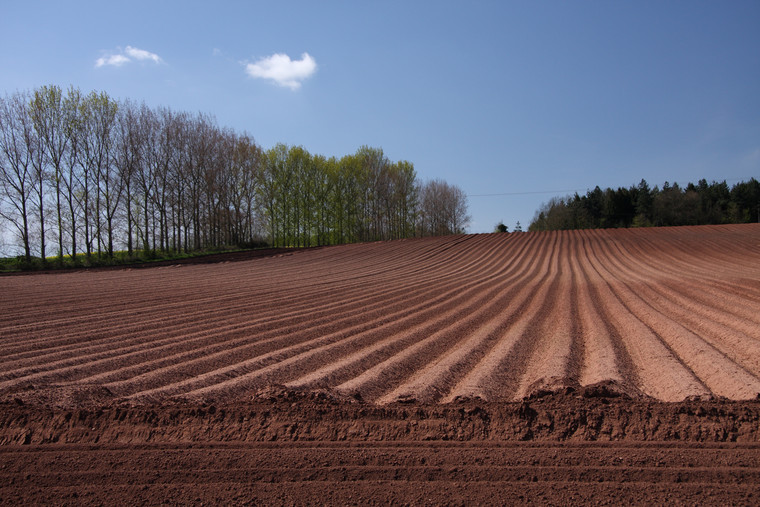Farmers are urged to apply for financial support for organic conversion as producers across the sector work hard to meet the surge in demand for British organic food being driven by COVID-19.
While businesses continue to face many challenges from the rapidly changing situation, the organic market still looks set to surpass the £2.5bn sales mark by the end of the year, with organic sales rising significantly in March and April and continuing to outperform non-organic.
Many organic businesses certified by Soil Association Certification have reported increased demand – including processors supplying into supermarkets who experienced a 25.6% increase in sales in March and April*.
COVID-19 recruited a huge new group of online shoppers and supply chains have been completely rethought to promote local and sustainable sources. Box schemes have blossomed, and many producers are selling direct to the public playing to organic’s key strengths of promoting local-sourcing and sustainability, while reducing packaging use and food miles.
The surge in demand comes as the deadline looms to request application forms for organic conversion financial support via the government’s Countryside Stewardship scheme for England and as the government prepares to overhaul farm payments post-Brexit.
Sophie Kirk, Farming Business Development Manager at Soil Association Certification, said: “COVID-19 has caused huge disruption for the whole farming sector, but it’s also presented opportunities. We are cautiously optimistic resilience in the organic market will continue. Organic products deliver many benefits shoppers may be looking for ‘post COVID’ – natural, healthy and tasty food and drink that’s been sourced and farmed with care. The integrity of organic during this time of great uncertainty is likely to be more important to many too – as well as the transparency of sourcing – including buying British, where possible.
“This demand together with the climate emergency and government’s focus on preserving and enhancing our environment in future farm policy in the Agriculture and Environment Bills, means there has never been a more pivotal moment for farmers to convert to organic.”
With the Basic Payment Scheme farm payments being phased out over the coming years, the Countryside Stewardship scheme can provide vital support for farmers to start delivering public goods that come with organic conversion, such as protecting soil, water, air and ecosystems.
The window for applications to Countryside Stewardship is open until 31 July for mid-tier applications or 1 May for higher tier. However, requests for application packs must be submitted to government by 31 May for paper mid-tier applications, 30 June for online mid-tier applications, and 31 March for higher tier.
Guidance for farmers and landowners looking at converting to organic or implementing other environmental benefits via Countryside Stewardship is available via Soil Association Certification and Natural England in a webinar. This will run from 10am to 11am Thursday 4 June and any farmer can register by visiting soilassociation.org/farmfundingengland.
A Natural England advisor will be presenting guidance for farmers in the webinar, including outlining how farmers can apply for other funding options in Countryside Stewardship in addition to funding for organic conversion.
Applications are for entry into the scheme in January 2021, and the government has promised there will be flexibility to allow farmers entering Countryside Stewardship in 2021 to leave early if they wish to join the upcoming Environmental Land Management Scheme when it launches.
Nick Padwick, Farm Manager at Ken Hill Estate, is currently converting part of the estate to organic using Countryside Stewardship funding, which is also helping him to establish marshland and wildlife corridors on farm.
He said: “We have more black grass and brome grass than I’ve ever seen in my farming career and it’s resistant to absolutely everything. There was a need to do something drastic about it, so we’ve taken a chunk of marginal land out of production and instead we are concentrating on farming the more productive land in a way that’s better for the land and environment.
“We are using Countryside Stewardship to convert to organic woodland pasture for pigs, ponies and cattle, and we are also utilising our stewardship options to help us with our timings of cover crops and build up soil fertility. I want to reduce our reliance on synthetics and slowly wean the rest of our arable land off the chemistry.
“Countryside Stewardship has definitely plugged the gap and the margin I receive for my arable land is better – and our yields hold up as well as our neighbours. There are lots of positives to look at financially, plus we are doing a lot more for the environment.”




